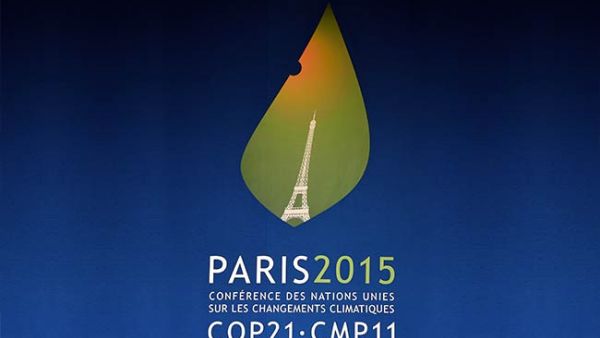Between Prince Charles’s recent statement tying global warming to terrorism and Bernie Sanders’ go-to answer in the past several Democratic debates, climate change has popped up in the news quite a bit recently. Now, as Monday marks the first of the 12-day UN Paris Climate Change Conference, conflict and its environmental triggers will likely be a central issue on the table.
Here are five things to know.
1. The mass exodus from war-torn Syria will not be the only source of refugees. "Environmental refugees," forced from their homes by climate change and populations from island nations that are disappearing are also at risk. Some 1 billion people are forecasted to be displaced. Most estimates say the world has 200 million refugees because of climate change, according to the Guardian, though that number is forcasted to reach 1 billion.
2. Post Paris attacks, some events have been cancelled, including rallies on the bookends of the conference that were expected to draw 200,000 people. Also, to guard against chemical attacks, sensors were installed on the city’s water supply.
3. The conference is using a “bring-your-own-plan” model according to the New Yorker, which could ease up the potential for a stalemate. But these plans might not be up to snuff, estimates several independent studies, as the world would still warm two degrees Celsius (3.6 degrees Fahrenheit) under each of them. Meanwhile, 2015 marks the first year global temperatures rose 1 degree (C) higher than the historic average.
4. No one wants to pay. Developing countries are the most at risk, but they can’t finance their proposed plans themselves so are instead looking to developed countries to pitch in. One hundred billion dollars a year has been pledged, but only a fraction of that amount has been raised.
5. A big pledge from US President Barack Obama might not be in the cards. The Conference comes at a pretty inopportune time for Obama—US budget deadlines are also on Monday, making it harder for the president to firm up the climate change support he showed earlier this year at this week's conference.
By Elizabeth Tarbell







